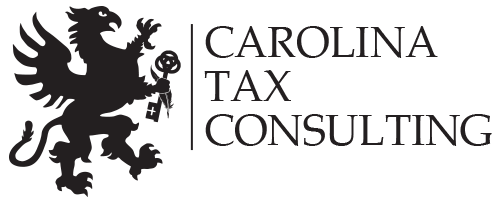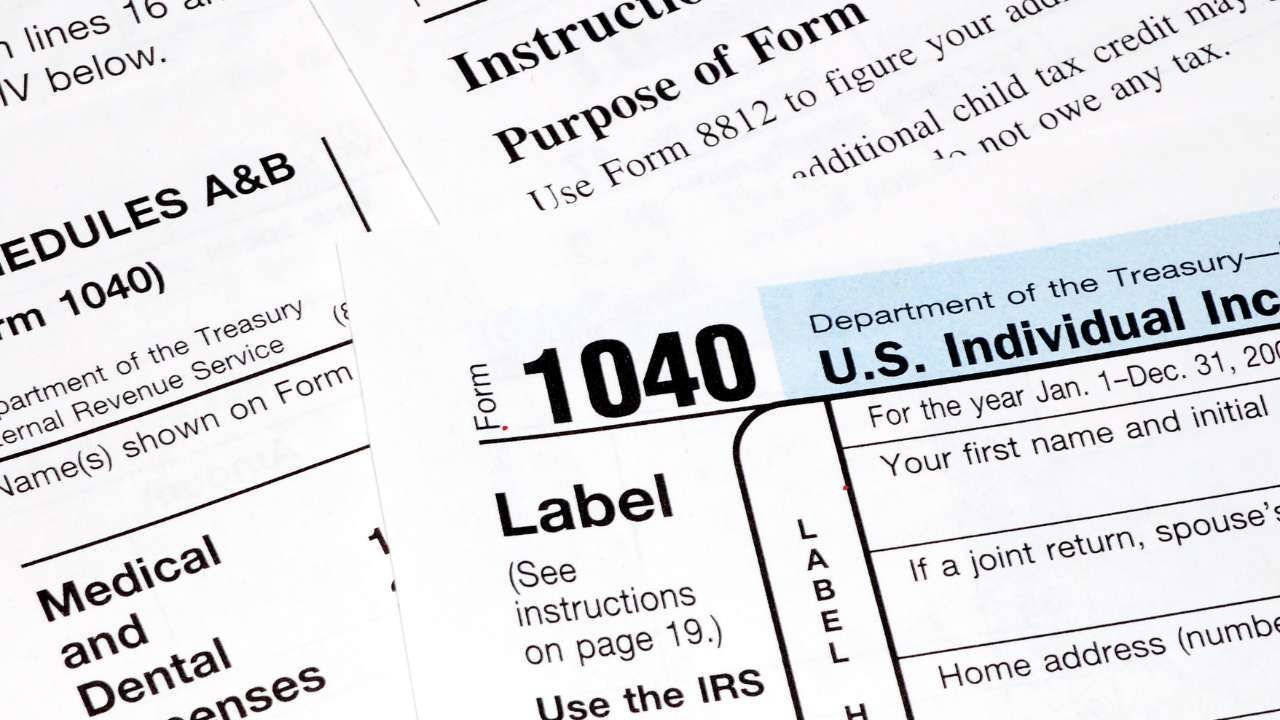How Can Tax Planning Help Small Business Owners Save Money?

Tax planning is a crucial aspect of running a small business that often goes overlooked. Many entrepreneurs are so focused on day-to-day operations that they fail to consider the long-term benefits of effective tax strategies. However, neglecting tax planning can lead to missed opportunities for savings and increased financial burdens. This blog post explores the importance of tax planning, highlights common mistakes businesses make when filing taxes, and provides practical tips for saving money through tax planning. Additionally, we discuss the advantages of working with a Fort Mill tax consulting firm, and how their expertise can significantly benefit small business owners.
The Importance of Tax Planning for Small Businesses
Understanding Tax Planning
Tax planning involves strategizing to minimize your tax liability within the bounds of the law. For small businesses, effective tax planning can:
- Reduce the amount of taxable income
- Lower tax rates
- Provide better cash flow management
- Allow for reinvestment opportunities
- Ensure compliance with tax laws to avoid penalties
Impact of Poor Tax Planning
Failing to plan can lead to several negative outcomes, including:
- Higher tax bills due to missed deductions and credits
- Penalties and interest for late payments or errors
- Cash flow problems due to unexpected tax liabilities
- Lost opportunities for investment and growth
Common Tax Mistakes Small Businesses Make
1. Failing to Separate Personal and Business Expenses
Combining personal and business finances can lead to confusion, inaccurate records, and missed deductions. It’s crucial to maintain separate accounts and keep meticulous records.
2. Missing Out on Deductions
Many small businesses overlook deductions such as:
- Home office expenses
- Business travel
- Office supplies
- Software subscriptions
3. Misclassifying Employees
Incorrectly classifying employees as independent contractors can result in penalties and back taxes. Ensure proper classification to comply with IRS regulations.
4. Neglecting Estimated Tax Payments
Small businesses often fail to make quarterly estimated tax payments, leading to large year-end tax bills and potential penalties.
Tips for Saving Money Through Tax Planning
1. Maximize Deductions
Identify and take advantage of all available deductions. Some commonly overlooked deductions include:
- Startup Costs: Deduct up to $5,000 in startup costs in your first year.
- Health Insurance: Deduct premiums paid for yourself and employees.
- Retirement Contributions: Contributions to retirement plans like SEP IRAs are deductible.
2. Utilize Tax Credits
Tax credits directly reduce your tax liability and can be more beneficial than deductions. Look for credits such as:
- Research and Development (R&D) Tax Credit
- Work Opportunity Tax Credit
- Energy-Efficient Commercial Building Deduction
3. Plan for Depreciation
Depreciate assets to spread out the cost over several years. The Section 179 deduction allows for immediate expensing of qualifying assets.
4. Optimize Your Business Structure
Consider whether your current business structure (e.g., sole proprietorship, LLC, S-corporation) is the most tax-efficient. Consulting with a tax expert can help you determine the best structure for your situation.
5. Keep Accurate Records
Maintain detailed records of all transactions and expenses. This makes it easier to identify deductions and credits, and ensures accuracy in your filings.
6. Make Estimated Tax Payments
Avoid penalties by making quarterly estimated tax payments if you expect to owe $1,000 or more in taxes.
The Benefits of Working with a Tax Consulting Firm
Expert Guidance and Compliance
Working with a tax consulting firm provides you with access to experts who stay updated on the latest tax laws and regulations. They help ensure compliance and prevent costly errors.
Personalized Tax Strategies
A tax consulting firm offers personalized strategies tailored to your business needs, helping you maximize savings and optimize your financial planning.
Streamlined Tax Preparation
Tax consultants can handle the complexities of tax preparation, saving you time and reducing stress. They help ensure your taxes are filed accurately and on time, minimizing the risk of penalties.
Proactive Tax Planning
By working with a tax consultant, you gain a proactive approach to tax planning, allowing you to take advantage of tax-saving opportunities throughout the year rather than just during tax season.
Assistance with Audits
In the event of an audit, a tax consulting firm can provide support and representation, helping to navigate the process and minimize potential liabilities.
Why Choose a Tax Consulting Firm in Fort Mill?
Tax consulting firms in Fort Mill are deeply familiar with the specific tax laws and regulations affecting businesses in South Carolina. Their local expertise ensures that you receive relevant advice and support tailored to your geographic location.
- Personalized Attention: Smaller, local firms offer personalized service and attention to detail.
- Knowledge of Local Tax Incentives: They are aware of state and local tax incentives that can benefit your business.
- Community Involvement: These firms are invested in the local business community and understand the unique challenges faced by small businesses in the area.
Don’t let poor tax planning impact your business’s financial health. Working with a tax consulting firm can help you navigate the complexities of tax laws, optimize your tax strategy, and save money. Take the first step toward better financial management by scheduling a consultation with our experienced tax consultants.
Contact us today to schedule a consultation and start maximizing your tax savings. Don’t wait until tax season – let us help you plan ahead and secure your business’s financial future.
Ready to work with Carolina Tax Consulting, LLC?
Let's connect! We’re here to help.
Send us a message and we’ll be in touch.
Or give us a call today at 803-410-5885











